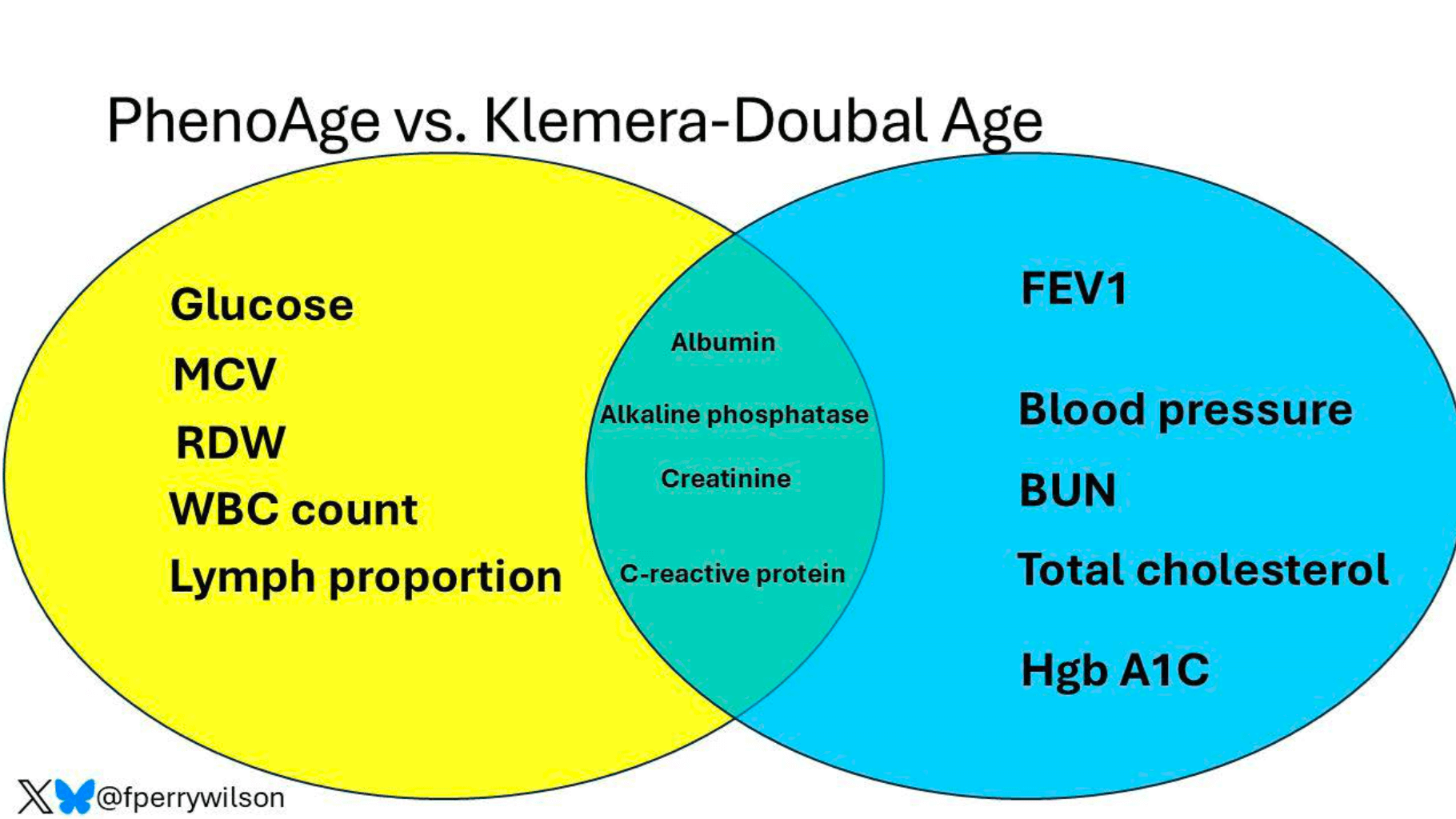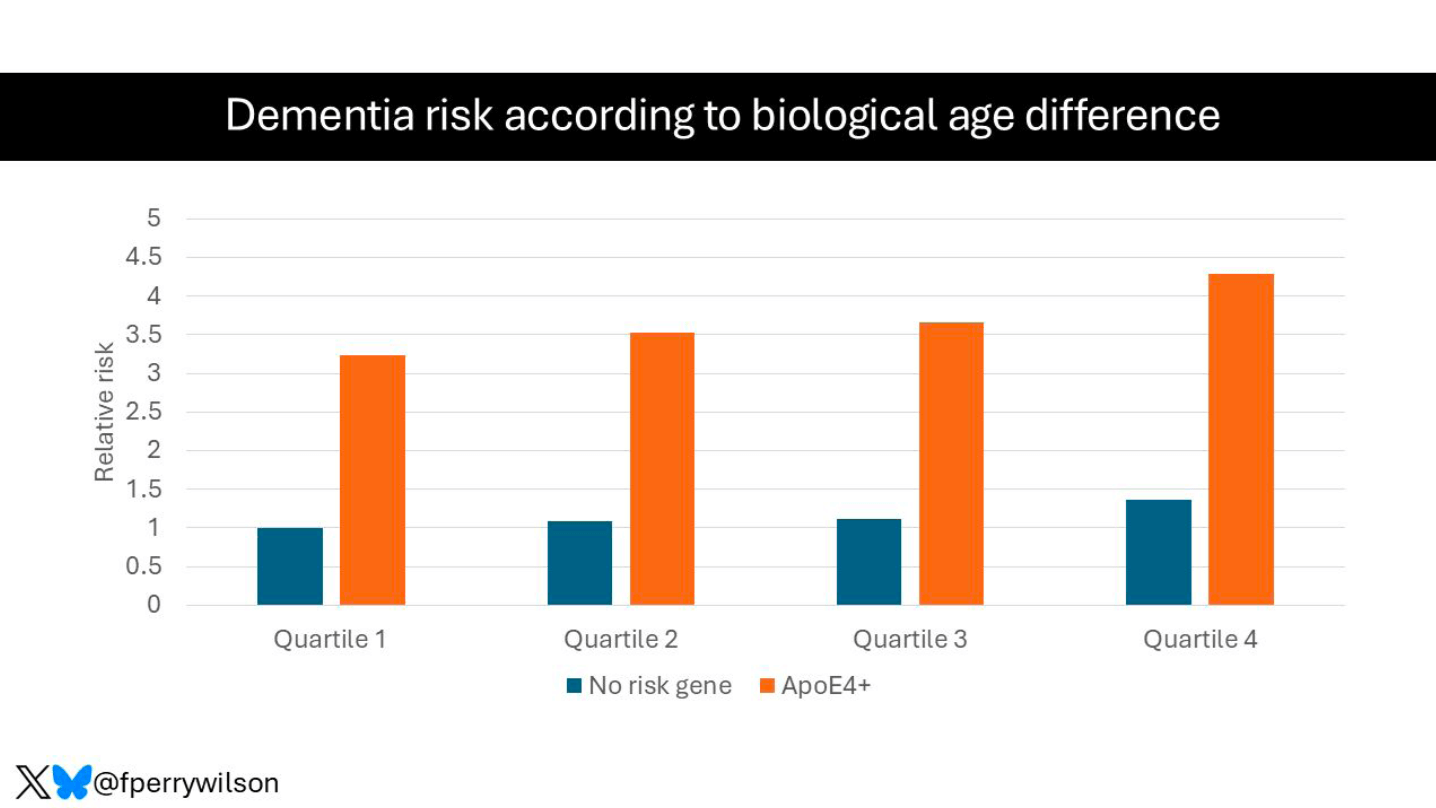Biological age vs. Calendar age - which is more relevant for fertility?
Our Team
6/16/2025
So let’s start with a few by now well established facts (i) our calendar age does not always reflect our biological age; (ii) our biological age is not always the same in every one of our body’s organs; and (iii) we are not very good yet in determining the biological clock in our bodies. In other words, some people are, at least in some respects, biologically younger, and others are biologically older than their chronological age would suggest. And improving our ability to determine biological age, therefore, would appear to be a worthwhile goal for research.
This is why a preprint-stage paper in eLife attracted our attention, which developed a mathematical model to predict biological age by leveraging physiological traits across multiple organ systems and allowed for, what the eLife assessment described as, convincing results, utilizing comprehensive data-driven approaches. However, additional external validations (as almost always) could further strengthen generalizability.1 The model, however, does provide a way to identify environmental and genetic factors impacting aging and lifespan, in the process revealing new factors potentially impacting aging and lifespan, including genes involved in synapse biology and – believe it – a tendency to play computer games. The authors concluded by stating that they identified a small number of readily measure physiological traits that, together, assess a person’s biological age and may be used clinically to evaluate therapeutics designed to slow aging and extend healthy life.
From this preprint paper, it is just a small jump to yet another of F. Perry Wilson, MD’s Impact Factor commentary on Medscape, in which Yale University’s Wilson always brilliantly comments on the statistical validity of new medical studies.2 And the article he addressed this time was an article in Neurology, claiming to examine the risk of dementia based on biological, not calendar age.3 But, as he started the discussion, he correctly asked which biologic age, because there are, of course, a whole lot of biological ages in the literature, making the claim of relevance. Some use DNA-methylation (so-called epigenetic clocks); others measure more obvious parameters, like, for example, blood pressure, lipid profiles (so-called phenotypic clocks), etc. In the study of neurology, two well- validated phenotypic clocks were used (see below chart in yellow and blue). Though somewhat overlapping, they showed only a very weak correlation coefficient of 0.29. Obviously, we are still far away from an ideal universal biological clock! But remember, as noted above, different organs may have different biological clocks. The above depicted biological clocks may, therefore, reflect well different organs. In the paper, the question then became whether either one predicted the risk of dementia better. And the answer was interesting: And it was not the calculated biological age of individuals, but the difference between the biological age and real age; is biological aging ahead or behind? And if biological age was ahead of calendar age, the risk of dementia went up by 1% for each year (a biological age of 55 in a 45-year-old gave a participant in this study a 10% increased dementia risk). These data were similar for both above-described biological age clocks.
&srotate=0)
&srotate=0)
REFERENCES
1. Libert et al., eLife. https:;doi.
org/10.7554/eLife.92092.2
2. Wilson FP. Impact Factor on
Medscape. April 30, 2025. https://www.
medscape.com/viewarticle/biological-
age-vs-calendar-age-which-predicts-
dementia-2025a1000acl
3. Bo et al., Neurology
2025;104(10):https://doi.org/10.1212/
WNL.0000000000213616; ahead of print.
Recent Posts
The Impacts of Stress on Fertility: Optimizing Your Fertility
Practical ways to manage the stress that naturally arises during any fertility treatment.
July/August VOICE
The latest edition of the VOICE for all of your fertility and reproductive news
a response to “Silicon Valley is out to making super-babies”
A response to a recent Washington Post article